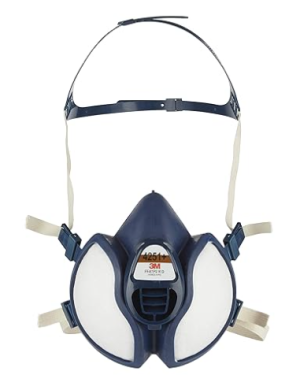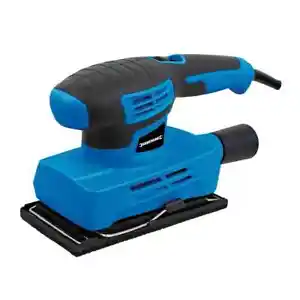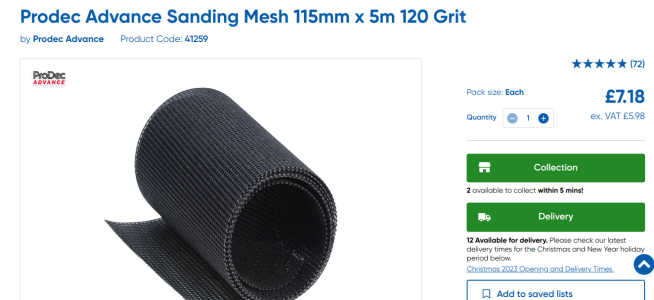MJWB
Well-Known Member
Sanding off old antifouling. Can anyone advise on the best breathing protection please. In the UK. Many thanks.
Yes. Don't do it.Sanding off old antifouling. Can anyone advise on the best breathing protection please. In the UK. Many thanks.

Okay folks thanks so far. Dumb question perhaps though a genuine ask, but are there any electic sanders that can be used on a wetted surface? Previously I have done it wet and by hand but's a terrible job. Not looking to remove bulk old antifoul, just get a good keyed srface before recoating.
In the past to remove coatings I have preferred to scrape rather than sand. Quicker and less dust. I guess that nowadays with antifoul it is still a no no?Sanding off old antifouling. Can anyone advise on the best breathing protection please. In the UK. Many thanks.
Okay folks thanks so far. Dumb question perhaps though a genuine ask, but are there any electic sanders that can be used on a wetted surface? Previously I have done it wet and by hand but's a terrible job. Not looking to remove bulk old antifoul, just get a good keyed srface before recoating.

Not suggesting you copy me but this is what I have just done:
View attachment 169524
Those sanders are double insulated so, in theory, you should be safe but I am not sure that even I would trust my own advice on electricity.
No, don't!!! Dangerously wrong advice. "Double Insulated" refers to electrical insulation only. Nothing at all to do with water resistance. See the ventilation slots in the photo?

That’s probably more to do with the Americans love of suing each other than environmental reasons.It is interesting that most US marinas specify vacuum sanding and prohibit wet sanding. The worker will also wear and N100 mask. These are not low-dollar, messy places. The patrons are very environment and safety conscious, and will not accept dust getting on their boats. They just have a different way of looking at it. Both methods can be safe.

The real reason is that wet sanding can leave a mess on the ground, and that is a problem for the marina, so they ban the practice. Yes, you can contain and clean it up, but it only takes a few messy people to ruin that option.That’s probably more to do with the Americans love of suing each other than environmental reasons.


Ah, but think of all the air pollution coming from the electrical generation required to power your sander and vacuum equipment. One man power is all that's required.The real reason is that wet sanding can leave a mess on the ground, and that is a problem for the marina, so they ban the practice. Yes, you can contain and clean it up, but it only takes a few messy people to ruin that option.
The US does have a ground contamination fetish, this is true. But once vacuum sanding equipment becomes widespread, it is really quite easy and neat. Why not? I believe someone mentioned drywall mesh above. There are many paint removal specific grids on the market, intended to be used with vacuum sanders, including 3M Xtract systems and Diablo Sandnet. I used both last time and found them fast, durable, and dust-free. Much easier than mucking about with water and messy paste residue. In the US, it is the pro solution.
Diablo Sandnet
What a strange response. Who's throwing rocks at you?I didn't barge and insist wet sanding was nonsense. I only offered a method that works and is accepted by a very large community.
If throwing rocks is you primary talent, go for it.